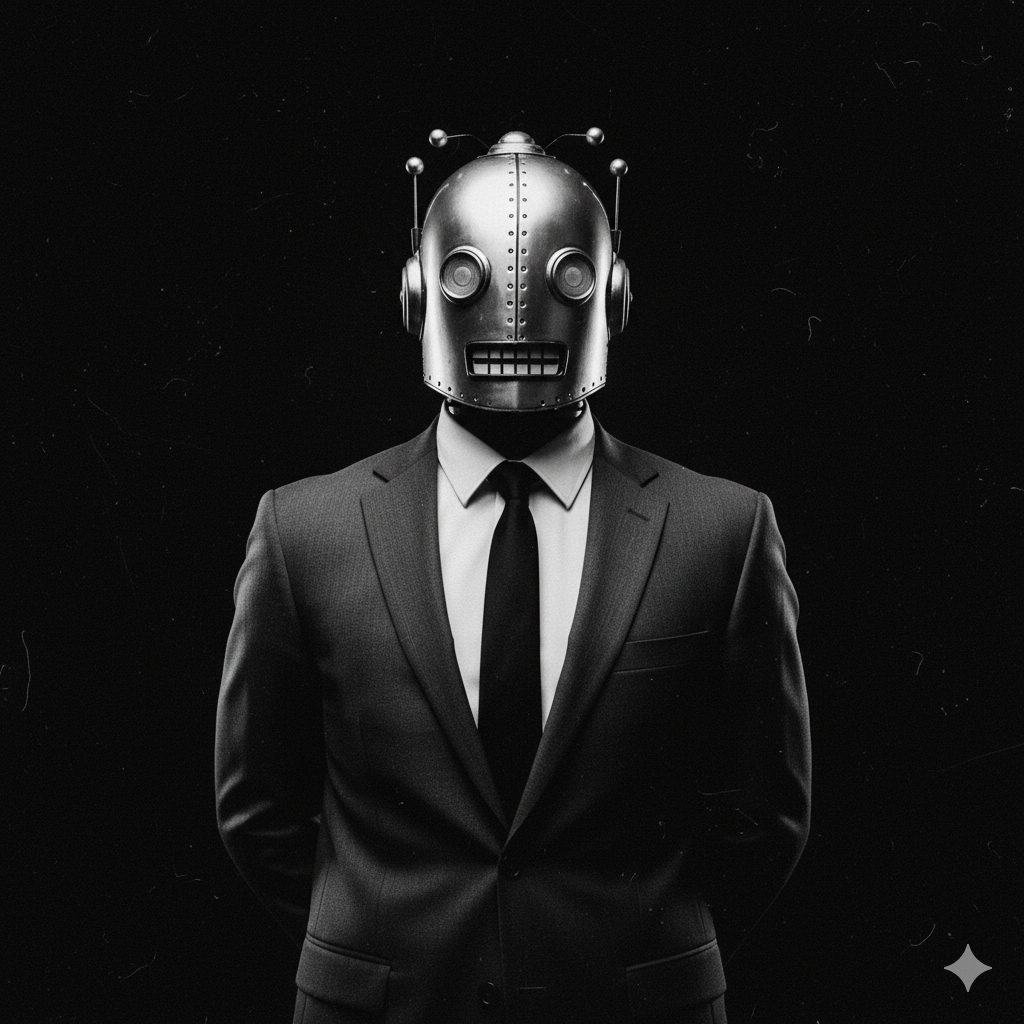
The reason might be simply because they are expensive. But, as usual, I believe there is more to it.
Ever since I started programming, almost 20 years ago, there is this idea that a tool, or method can completely, or at least partially, replace a skilled developer. At first, it was the visual tools like the defunct Dreamweaver, from the family of the WYSIWYG (what you see is what you get) tools.
Quickly, it became clear that it was not as simple as allowing people to paint tables with a mouse would be enough. As the years went by, the applications only got more complex, and with it the wish to allow people to build them without developers.
Initially, I thought it was purely financially motivated. If you can make it simpler and/or faster, it will be cheaper, but I believe there is more to it.
Due to the nature of what we do, we usually work detached from the other departments of the company, mostly because it is an area that requires a lot of context from many concepts and tools to understand it. That is one of the main “hidden” points that makes the engineering role so important to be replaced by AI.
Often, the word of an engineering team is the showstopper of executives, creatives, and product people wet dream. Your idea might be fantastic, but if the engineering team deems it not feasible, or if it takes too long to implement, it might be in some way or another dead in the water.
And you add to that the lack of room for counterarguments because they are in most ways too hermetic and require deep technical knowledge to effectively navigate the discussion.
That can be a much more compelling reason than the financial, the general lack of trust and the feeling of powerlessness over the product have a massive negative effect on many companies.
Now imagine if those developers that always deny your requests, and in your opinion, take too long to complete their tasks, could be replaced by some magical tool, wouldn't that be amazing?
All the world-disrupting ideas for your app could be transmitted straight from your mind to the real world through simple prompts!
Your genius would shine without being obfuscated by lazy, awkward, slow, and overpaid developers.
Such a great idea, but unfortunately, reality is not as simple as that. The first issue that real-world ideas can't be directly translated to software without considering contextual, technical, and non-technical aspects that directly impact a system's design.
Company dynamics, other internal and external systems, physical limitations, the list goes on and on, that even the most accurate LLM cannot even scratch the surface.
A huge portion of engineering work is to disambiguate murky feature requirements, translate wishes into tangible actions, spot patterns in the human dynamics of the team and the company.
That is nowhere near the wheelhouse of the tools that flood the market today, claiming to be software engineering replacements.
See, I am not even getting into the quality of the output of those tools, which arguably, aren't particularly good to begin with.
Now, with that said, I have to also be honest, there is a general lack of soft skills ingrained in parts of our software engineering community. Either it is a trait that naturally develops due to the environment, or is the profile of the professional that gets attracted by the field, I don't know.
It is not unusual to see unresponsive, incommunicable developers that just want to close tickets. Soft skills, and most importantly communication, are the hidden gold of the AI era that we are in.
You need to be good technically, that is not negotiable. Specialize yourself, but also be an effective communicator and nice team member.
That's why it is the first thing I probe for whenever I am hiring for our teams.
Any reasonably good engineer should be able to pick up a new language and be productive relatively quickly. On the other hand, it's hard, costly and sometimes even impossible to teach someone on how to effectively clarify complex abstract ideas from non-technical people, for example.
AI tools are amazing, they can help you be more productive, speed up tedious tasks, but we are still far off from being able to create something that can navigate the unbelievably complex network of human interactions.
And my friends, that is a good thing.